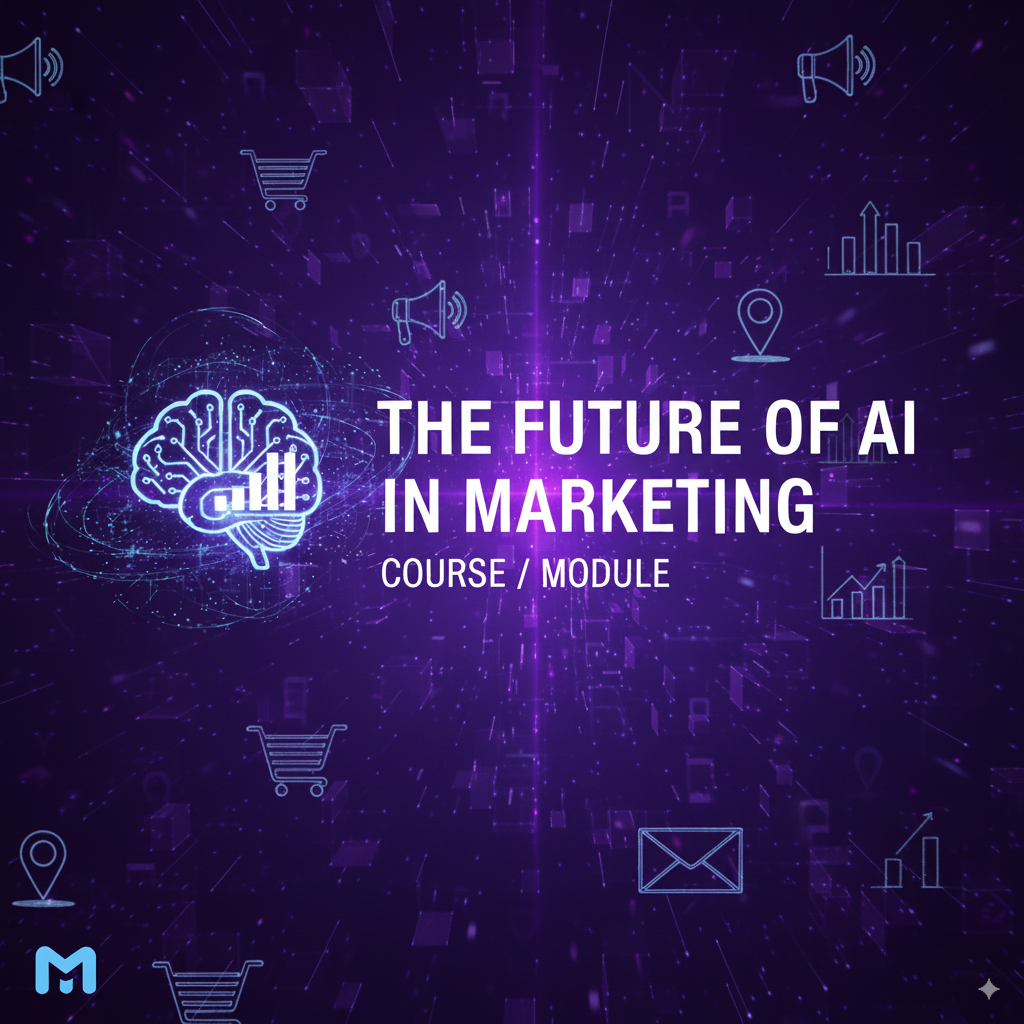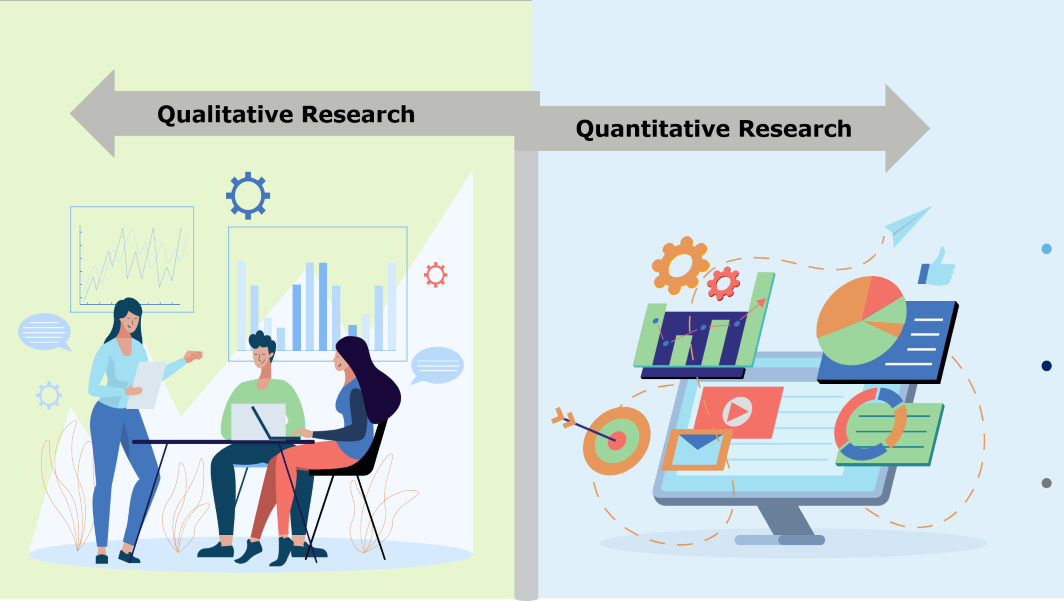
- Enseignant: Balech Sophie

Ce cours explore les enjeux éthiques contemporains du marketing et de la relation client dans un contexte de digitalisation et de défiance accrue. Il analyse les scandales majeurs (Cambridge Analytica, greenwashing, biais algorithmiques) et met en lumière la nécessité stratégique d’intégrer l’éthique au cœur des pratiques d'entreprises. À travers cinq séquences – fondamentaux, dilemmes, digitalisation, RSE et care – les étudiants développent une posture critique, apprennent à gérer des crises, à concevoir des communications responsables et à relier performance durable et responsabilité sociétale. L’objectif est de former des leaders capables d’incarner un marketing responsable et résilient.
- Enseignant: Mbam Augustin
- Enseignant: Andrieu Benjamin
- Enseignant: Andrieu Benjamin

Ce cours vise à :
1. Comprendre les enjeux stratégiques et opérationnels du marketing du point de vente et du marketing expérientiel.
2. Maîtriser les leviers d’activation de l’expérience client dans les environnements physiques et digitaux.
3. Analyser les tendances contemporaines (phygital, retailtainment, data-driven experience, etc.).
4. Appliquer les concepts à des cas réels d’entreprises et développer des recommandations managériales.
- Enseignant: Mbam Augustin

Mesures de performance web marketing (Web Analytics)
Ce cours initie les étudiants aux méthodes et outils d’évaluation de la performance en web marketing. L’accent est mis sur l’identification et l’analyse des indicateurs clés de performance (KPIs) pour mesurer, interpréter et optimiser les activités marketing.- Enseignant: Teimour Zadeh Aria

FUTURE OF AI AND DIGITAL-BASED MARKETING
This course explores the evolution of artificial intelligence and its transformative impact on marketing practices. Students will examine how AI has progressed from rule-based systems to machine learning and emerging paradigms such as agentic AI. Topics include neuro-symbolic and causal AI for generating advanced marketing insights, the role of AI in shaping personalized and data-driven strategies, and critical reflections on trust, transparency, and consumer agency in AI-driven markets.
- Enseignant: Teimour Zadeh Aria
Instructor: Benjamin Kakavand
Objectifs du cours/Course objectives:
The objective of the E-Commerce and M-Commerce course is to provide students with a comprehensive understanding of the fundamental concepts, technologies, and strategies involved in online and mobile commerce. The course will explore the dynamics of e-commerce platforms, mobile commerce applications, and the latest trends shaping the digital marketplace. Students will learn to analyze and implement effective e-commerce and m-commerce strategies, including user experience optimization, and mobile marketing techniques. By discussing real-world case studies and engaging in discussion questions, students will learn to develop and manage successful online and mobile commerce initiatives, optimize digital sales channels, and enhance customer engagement in an increasingly connected world.
Plan de cours/ Lesson Plan :
- Introduction to E-commerce
- E-Commerce Business Models and Concepts
- E-Commerce and M-Commerce Marketing and Advertising Concepts
- E-commerce Technology and Business Model Disruption
- Social, Mobile, and Local Marketing
- The Social Marketing Process
- Local and Location-Based Mobile Marketing
- Enseignant: Kakavand Benyamin
Instructor: Benjamin
Kakavand
Objectifs du cours/Course objectives:
The objective of this course is to enhance understanding of how cultural differences influence global business practices. Through the exploration of key theories and models, students will gain insight into the complexities of cross-cultural communication, negotiation, and conflict resolution. The course aims to develop practical skills for effectively navigating and managing cultural diversity, enhancing both individual and organizational performance in a global context. By engaging in discussion questions and scenario-based questions, students will learn to adapt business strategies and communication styles to foster successful international partnerships and operations.
Plan de cours/ Lesson Plan :
- Introduction to Culture
- Perceptions of Business Across Cultures
- Organizational Culture
- Socialization
- Strong versus Weak Cultures
- Types of Organizational Culture
- Organizational Culture and Leadership
- Dimensions of Cultural Differences
- Cross-Cultural Communication
- Culture Shock
- Ethics and Organizational Culture
- Diversity Management
- The Role of Technology
- Managing Conflict
- Generation and Culture
Cultural Risk in International Business- Enseignant: Kakavand Benyamin

Objectifs de l'UE 6 :
- Comprendre ce qu’est la méthodologie de recherche et ses utilités / finalités
- Savoir collecter et analyser les données de recherche qualitative et quantitative :
- choix des méthodes et outils de collecte ;
- choix des méthodes d’analyse et mises en pratique
- Anticiper le mémoire en travaillant l’adéquation thématique / sujet / problématique et méthodologie
- Enseignant: Balech Sophie
- Enseignant: Lefrancois Alicia